Murder at Maison & Jardin and Sleepy Hill Farm in Altamonte Springs

Robert Henry and Verna Fluent Walsh left Chicago and moved to Altamonte Springs around 1925. They purchased an estate of about 24 acres along Wymore Road, just south of the Spring Valley subdivision and fronting the eastern shore of Spring Lake.
From their first arrival, the Walsh family was well-connected and involved in the local cultural scene. They would often host events at their farmhouse. They called their sprawling acreage Sleepy Hill Farm. At that time, it was considered “Maitland” but is now incorporated into Altamonte Springs.
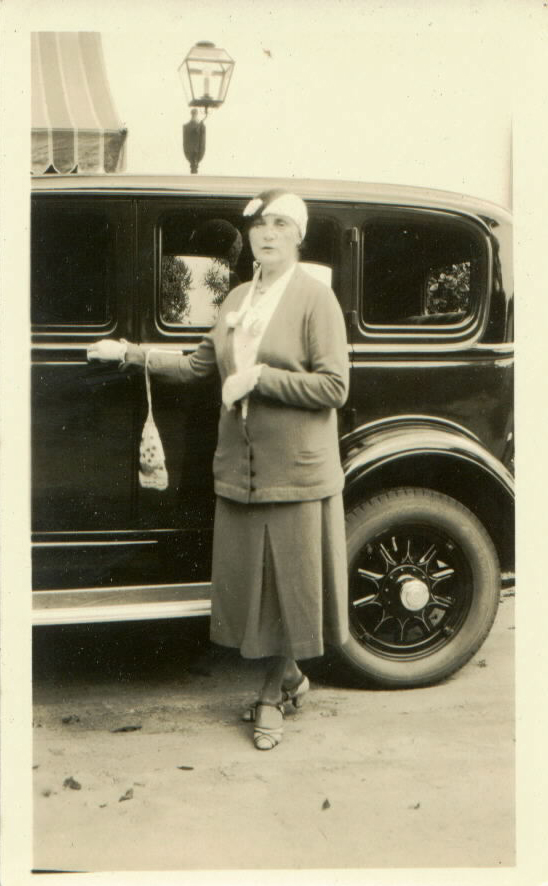
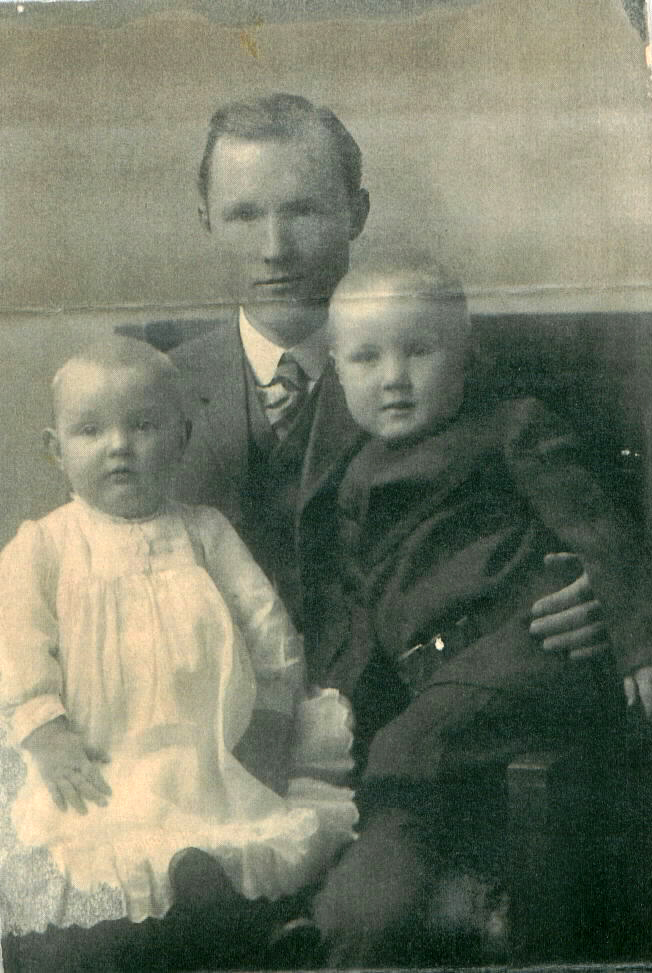
The couple was married in 1902 and had two sons: Harold Robert (born 1903) and Tilden Charles (born 1904). When they relocated to Altamonte, Tilden followed his parents and became successful in local business. He held several prestigious posts, including the Greater Orlando Chamber of Commerce director and president of the Orlando Exchange Club. He married a local girl, Helen Bailey, in 1927 and the coupled moved to a home in Winter Park.
Harold stayed in Chicago to continue his successful career as an interior designer for Marshall Field department stores. He often traveled to Florida with his wife, Caroline, to visit his parents at Sleep Hill.
The family’s patriarch died in 1933 at just 56 years old. Verna continued living at Sleepy Hill.
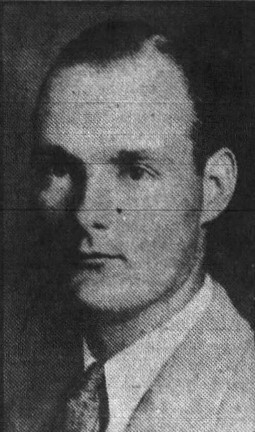
Tilden and Helen had two daughters and a son (Tilden Jr.) in 1936. However, their marriage soon fell apart. They divorced in 1940. The children stayed with their mother in Orlando, no doubt spending much time visiting their grandmother at Sleep Hill Farm.
Verna began to develop senility during the later stages of her life. She moved to North Carolina in 1953 to be near her son (Tilden Sr) and his new wife. He was a well-respected lumber executive there.
With Sleep Hill Farm now empty, Harold and Caroline decided to semi-retire. They relocated from Chicago to Altamonte Springs around 1955 and almost immediately started to envision something grander for the property.
They constructed an elaborate Roman-inspired building on four acres adjacent to the farmhouse. It was adorned with antiques and an artistic flair. It gave Harold his creative outlet for his design talents; it allowed Caroline to host elegant parties for the local well-to-do crowd.
Their new endeavor, Maison & Jardin, opened its doors in 1960. They threw a grand opening banquet in January 1961 that was well-attended by the Orlando elite, including renowned Winter Park architect James Gable Rogers.
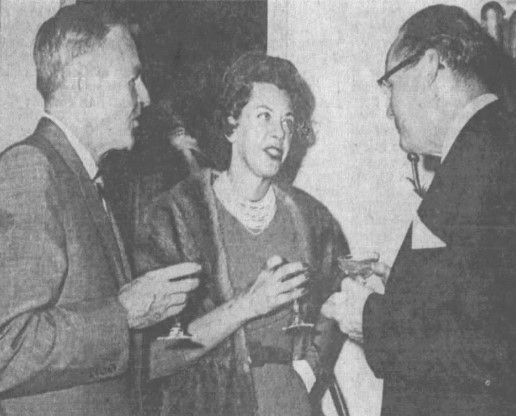

The “Mason Jar,” as it became known colloquially by locals, had an antique/gift shop offering high-end and unique items. It was open daily for lunch and served as an event venue in the afternoon and evenings for banquets, formal teas, and parties. The four-acre grounds were painstakingly landscaped and available for wedding receptions and other events.
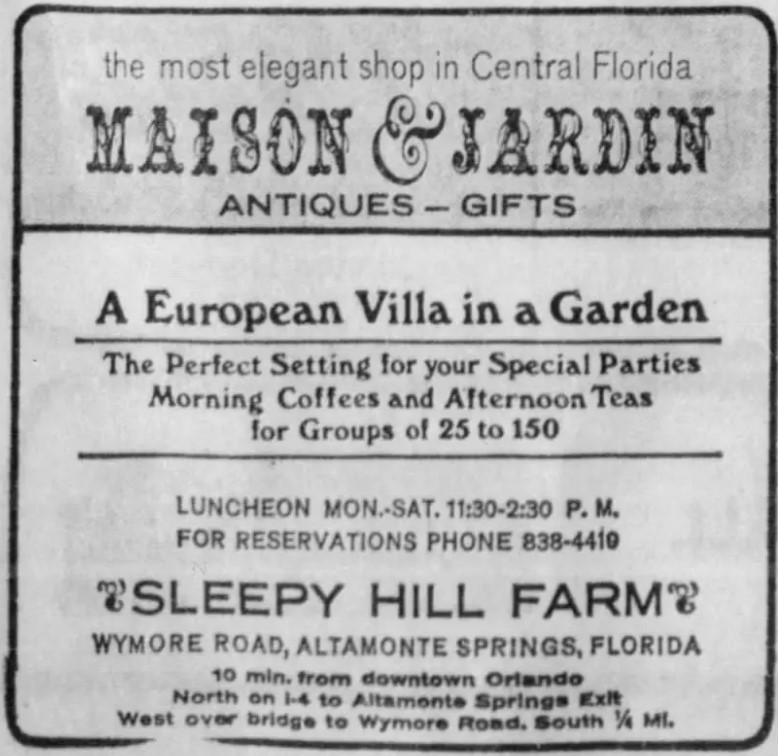
After a dozen years in business, in 1972, they had built a regional reputation as one of the most exclusive places to hold corporate and private events. Harold and Caroline Walsh, now in their 70s, decided to sell the business. They had several offers, but they wanted to be sure they were leaving their Eden with someone who would honor its legacy.
They found that person in William Beuret. He was an experienced restaurateur who had turned abandoned train cars into a popular dining and entertainment hub in Fern Park, Caboose Restaurant. He was later involved in the founding of the famous Pebbles chain.
Beuret did not offer the most money, but they felt confident he’d do right by Maison & Jardin. And boy, were they right! Beuret opened for regular dinner hours, and for decades after, it was voted one of the top fine dining restaurants in Central Florida.
The Walshes sold the Mason Jar and its four acres to Beuret for $400,000; that is over $2.9 million in 2023 (adjusted for inflation). So the couple did quite well for themselves. They still lived in the old farmhouse on the 20 acres next door and continued operating the Maison gift shop.
Life was good! They were still very spry, regulars on the social scene, and Harold joked that he would live to be 200 years old. He worked in the grove and flower garden most days of the week, with some hired help to maintain the expansive property.
On one such day (December 9, 1976), Harold and other property caretakers were pruning the orange trees at about 10 AM. His wife, Caroline, was out shopping with their daughter, Cathy.
A familiar voice summoned Harold to the property’s white metal fence along Wymore Road. “Well, hello,” he greeted the man in a friendly tone. It was his nephew, Tilden Charles Walsh, Jr., who he hadn’t seen since the man moved to Georgia fifteen years prior. The other men continued their business in the grove, paying little attention to the family reunion.
BANG! … BANG! BANG!
Three shots rang out. Tilden Junior fled. Harold was dead. His nephew shot him once in the face and twice in the back.
The attack was unprovoked and had been planned for a week. Tilden purchased the Atlanta handgun and drove to Altamonte Springs. On Wednesday, he checked into the nearby Days Inn on Highway 436 at 11:00 pm. Less than 12 hours later, he was back at the Days Inn calling the police to report the murder he had just committed.
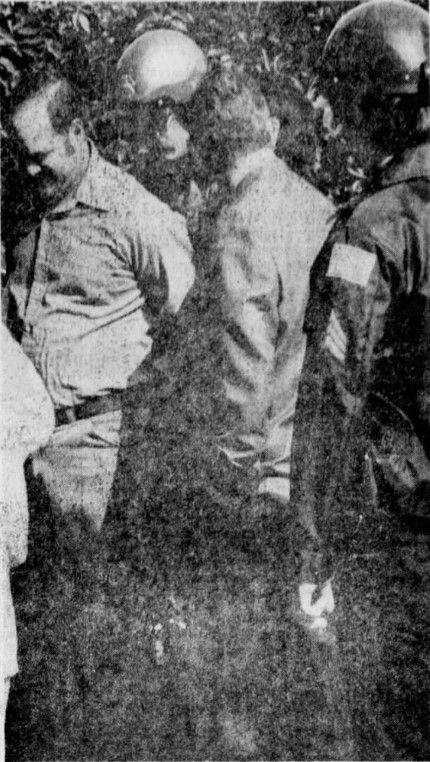
Junior later told the judge he had a tough past two years. He’d been battling demons since his estranged father died in early 1975. Not only that, he was struggling with money. He fell into depression, leading to drug abuse of mood elevators and tranquilizers.
Why did he kill his uncle? Junior resented that his grandmother left Spring Hill Farm to Harold rather than to him or his father. After all, his father had cared for her in North Carolina for the last six years of her life. Perhaps Junior felt something unscrupulous had gone down. Likely, he heard about their large payday when they sold the restaurant. So he took out his rage in the worst imaginable way.
The deranged 40-year-old was sentenced to life in prison. He died in 2010 at 73 years old.

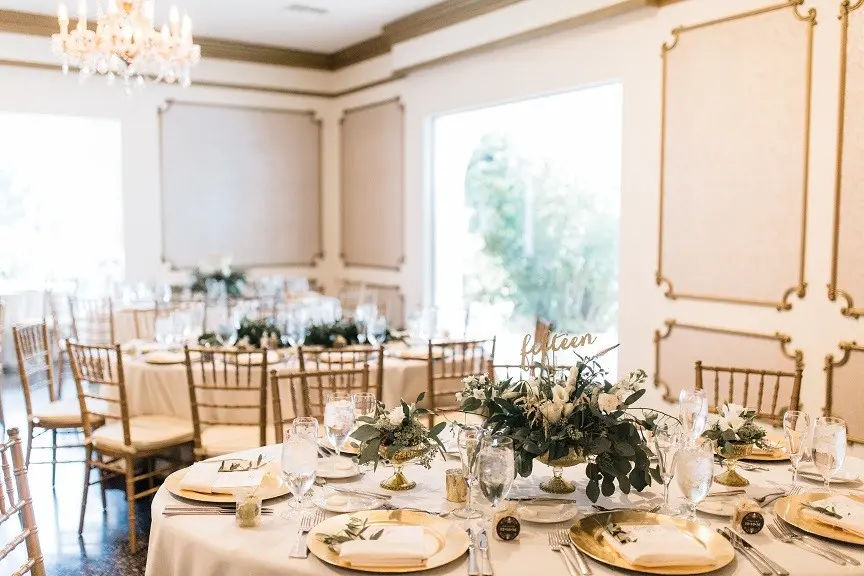
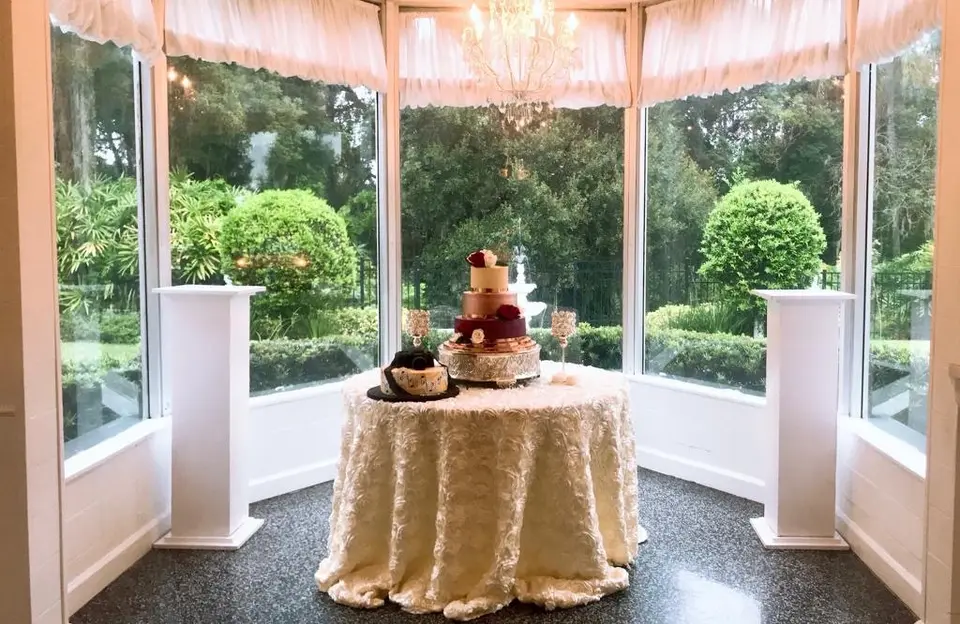
Over the next few decades, the Maison et Jardin was regarded as one of the best restaurants in Central Florida. Its French cuisine was beloved by reviewers and a favorite of locals celebrating anniversaries and other life milestones.
In 2006, it was closed as a restaurant, remodeled from small rooms to have more of an open concept, and reopened as a banquet hall. It closed in 2013 before reopening in 2016. Today it continues to serve as a favorite location for weddings and receptions, but it is only available as a private events venue. Beuret sold the property in 2016 but leases it back and still operates the venue.
Caroline Baker Walsh died in 1996. After her death, the remainder of Sleepy Hill Farm was sold off for development. The old estate makes up what is now Maison Court, Spring Club Drive, and Majestic Oak Drive, along Wymore Road just south of their landmark Maison & Jardin.
References
- Orlando Sentinel archives
- Findagrave
- Family Search
- Seminole County Property Appraiser

This post is 996 days old. Comments disabled on archived posts.